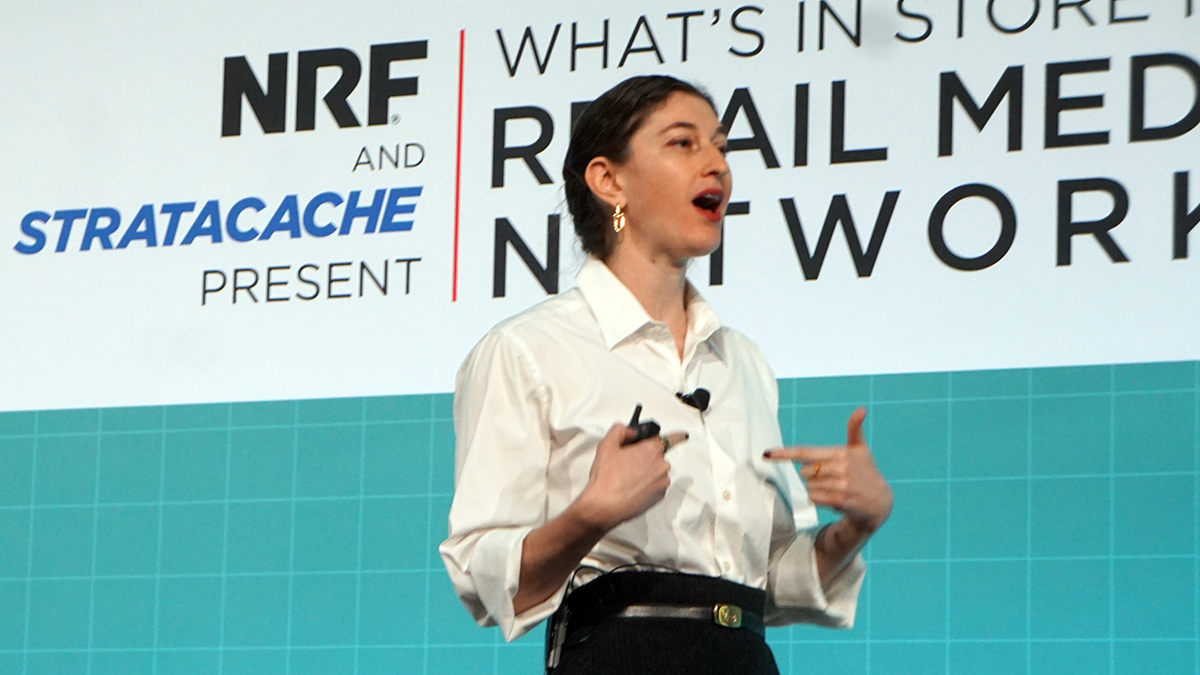FOR CPG MARKETERS, the rise of Retail Media Networks (RMNs) continues to create opportunities to drive brand awareness and sales lift in stores by advertising to shoppers much nearer to the point of decision.
The lion’s share of this ad spending in North America has been concentrated on a handful of the very largest digital RMNs. Now many more retailers are angling to capture a fair share of this growing pie, installing digital screens, promising better measurement and even bringing merchants to the table.
At January’s National Retail Federation (NRF) pre-Expo conference day in New York, “What’s In-Store for Retail Media Networks,” sponsored by STRATACACHE, an all-star cast of industry experts and practitioners offered bullish forecasts and strategic advice for advertisers.
Originallly published in CPGmatters.com, Feb. 2026. Reproduced here by permission.
“The retail media market is exceptionally concentrated between Amazon and Walmart,” said Leora Kelman, Managing Director and Partner for Boston Consulting Group, noting that Amazon will control more than 75% of all retail media spending “through at least 2027.”
In-store is a more level playing field than ecommerce. A handful of digital giants command more than half of all online retail sales, led by Amazon with 40 percent, Walmart with 7 percent, Apple and eBay with 3 percent each, as reported by eMarketer in its May 2025 Forecast.
By comparison, total retail sales are far less concentrated, with Walmart garnering 11 percent and Amazon capturing just 5 percent in the NRF 2025 Top 100 Retailers ranking.
“How do we capture that attention of all of the people that we are not reaching through Amazon and Walmart?” Kelman asked. “They are shopping local retailers and a much, much wider range of players. How do we make sure we’re telling stories across those touchpoints? This is a huge opportunity.”




